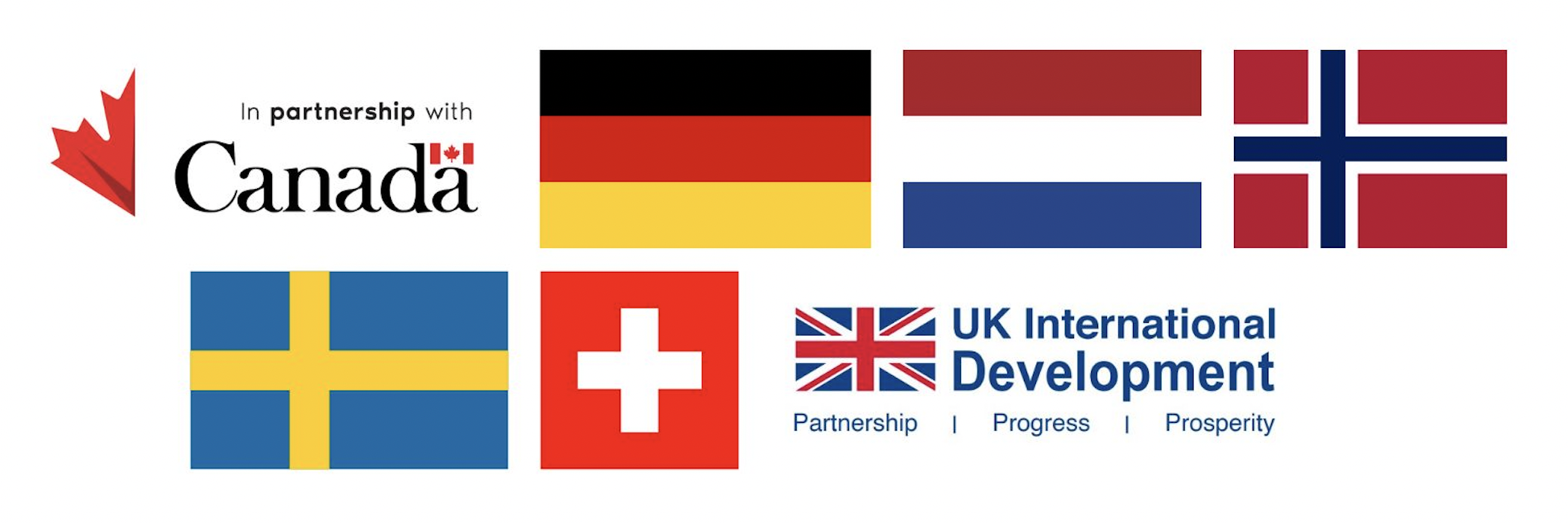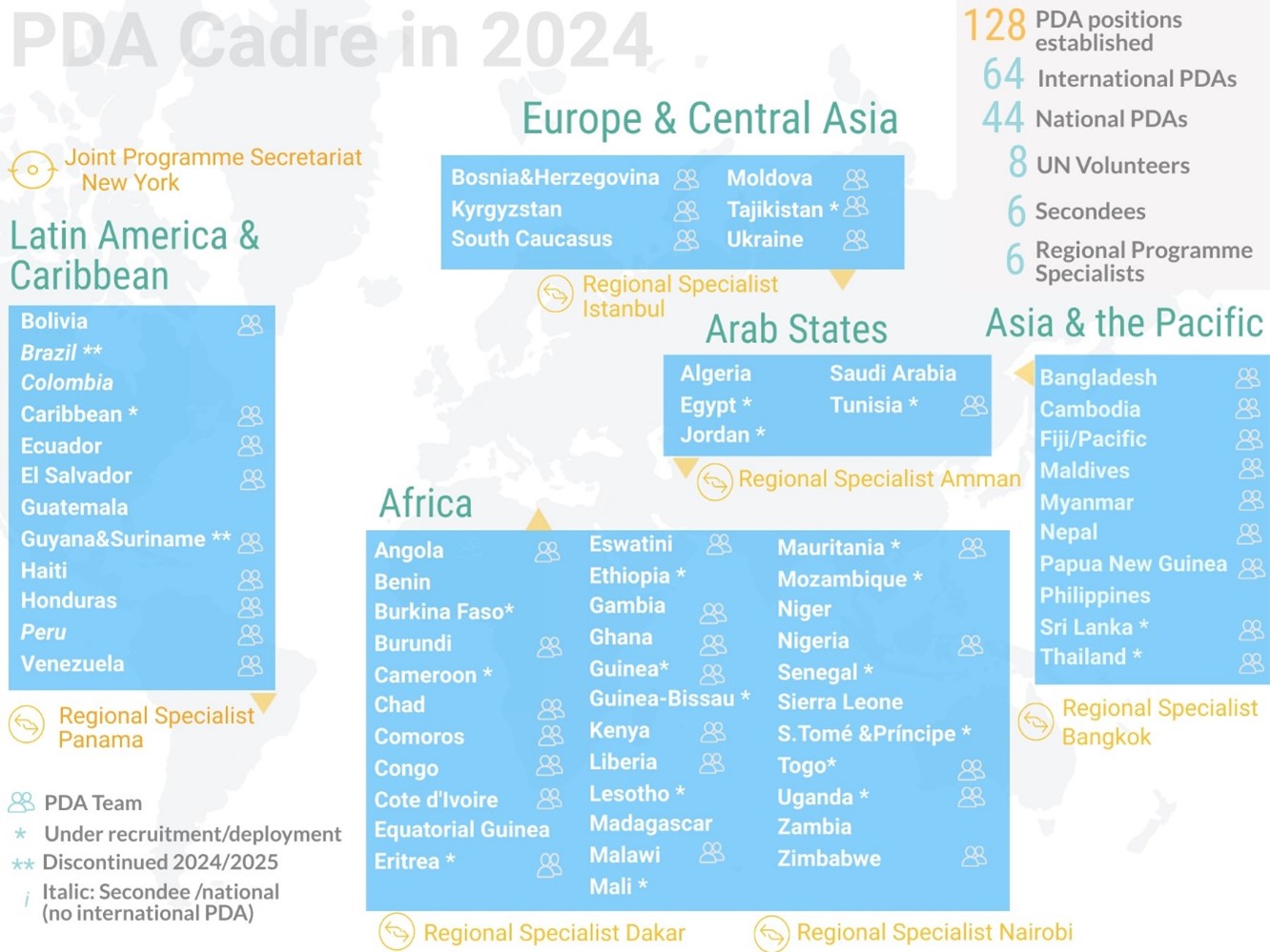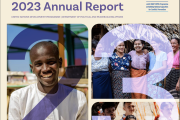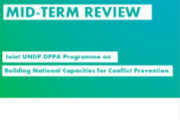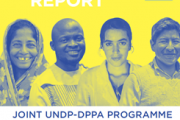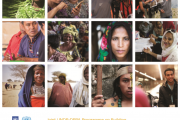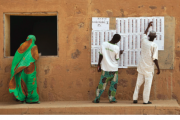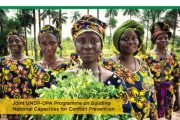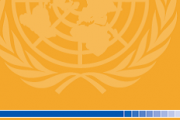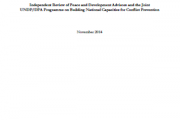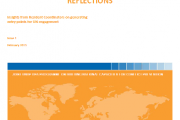Building National Capacities for Prevention
Building National Capacities for Conflict Prevention through the Joint UNDP-DPPA Programme
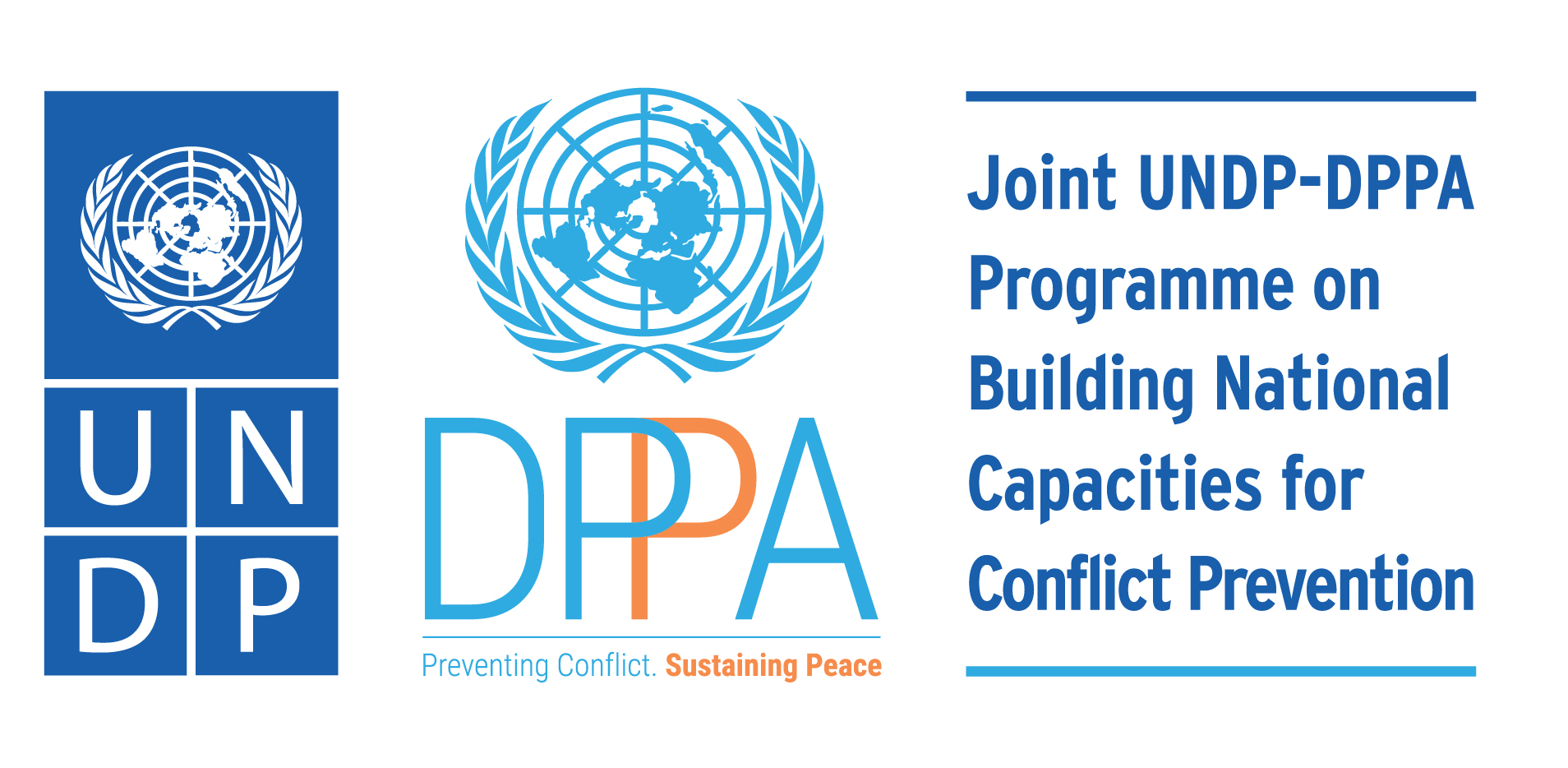
National actors are usually best placed to help their societies identify and manage tensions, diffuse conflicts constructively and promote dialogue exactly when and where it is needed most. Assisting national stakeholders to develop their own solutions to their challenges and building their capacities to do so is one of the most sustainable ways to prevent and mitigate conflict and ensure development.
The Joint UN Development Programme (UNDP) and UN Department for Political and Peacebuilding Affairs (DPPA) Programme on Building National Capacities for Conflict Prevention was launched in 2004 with the primary objective to do just that: build and consolidate national capacities, provide support to wide-ranging initiatives for conflict prevention in conflict-affected and fragile countries, as well as those undergoing political instability or difficult transitions.
This partnership between UNDP and DPPA was designed to build on and enhance the complementary capacities of each partner. By bringing together political, peacebuilding, and development work, the Joint Programme seeks to ensure that UN Country Teams and UN Resident Coordinators are equipped to maximize the UN's conflict prevention efforts and navigate the risks inherent to increasingly complex environments.
From the deployment of Peace and Development Advisors to targeted assistance
Since 2004, the Joint Programme has contributed to UN support to achieve violence-free elections, help build and sustain viable platforms for dialogue or conflict resolution, and support the development of infrastructures for peace. The overarching goal of these initiatives is to strengthen conflict prevention capacities at the national and the local level.
The deployment of Peace and Development Advisors (or PDAs) is the main and most visible output of the Joint Programme. More Here.
Recognizing the need to provide targeted external support and accompaniment to the UN presence in the field and national stakeholders during key milestones, such as elections or national dialogue processes, the Joint UNDP-DPPA Programme also provides such assistance for specific conflict prevention and facilitation activities in various countries.
MORE ON THE INITIATIVE
PARTNERS
The Joint UNDP-DPPA Programme is supported through the generous funding from the Governments of Canada, Germany, the Netherlands, Norway, Sweden, Switzerland, and the United Kingdom (UK Dev). The Joint Programme also appreciates the continued collaboration with, and capacity contributions by, the Government of Japan, the Folke Bernadotte Academy of Sweden, the German Center for International Peace Operations (ZIF) and the Expert Pool for Civilian Peacebuilding of Switzerland.
